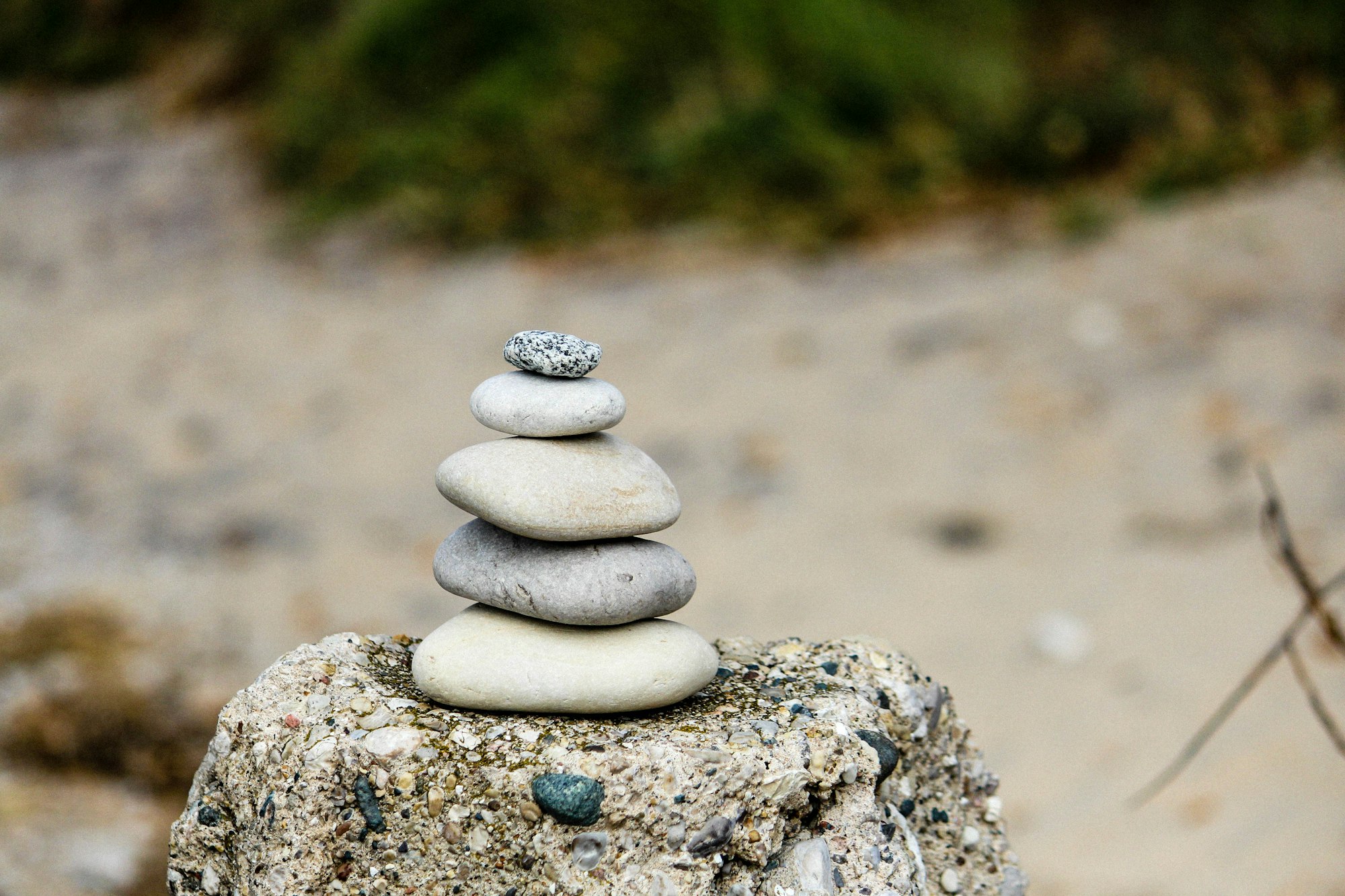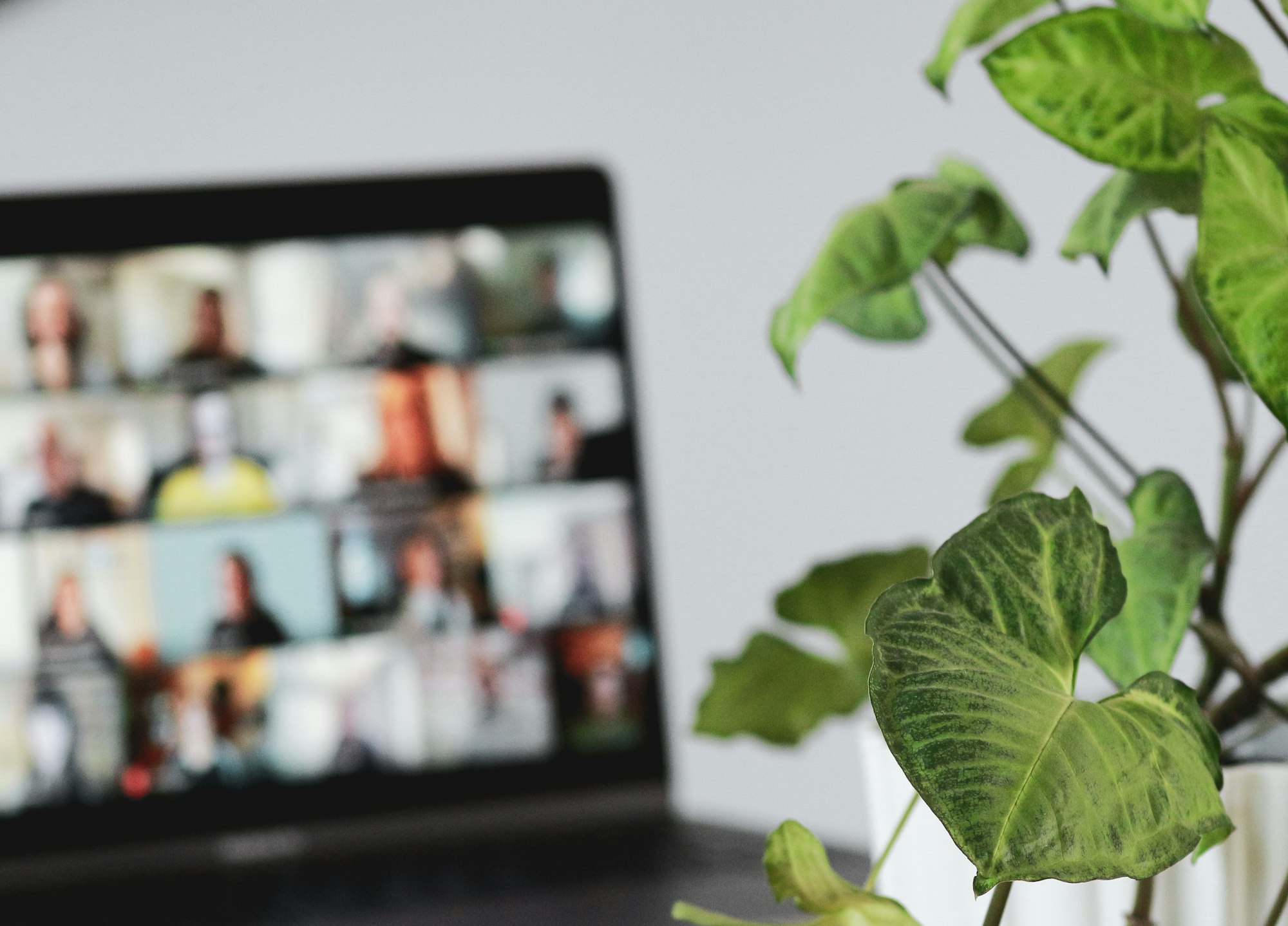Doing what you can, with what you've got

The new academic year starts in about two weeks. It's not what we expected it would be, back in the spring. Covid cases are surging; policies for handing it are all over the map; there is dire news about climate change; and more. Nobody is really sure how this next year is going to turn out. But it does have the look and feel of Fall 2020. And as I interact with others in higher ed, what I'm seeing is even less encouraging than the news: A profound sense of fear and hopelessness, especially among faculty.
If this describes you, I am not going to tell you that you're wrong. I struggle with this same hopelessness every day, especially this past week. When the IPCC climate change report was issued, I simply couldn't focus. I lost a whole day, wondering what the point of my work was and what kind of world my kids would grow up in. Last summer, as race riots spread through the US, I had the same response. And throughout the last 18 months my family has been dealing with issues that have led us on a very difficult journey. While it may look on the outside like I have my act together, it's closer to the truth to say I am constantly having to hold it together. Hopelessness and fear can sometimes look like the only rational response.
So no, this isn't going to be a perky article telling you to buck up, be resilient, and push through. I don't want to die at the hands of my readers. Instead, I want to offer anybody out there who is feeling what I am describing what little I can offer you: a plea from one colleague to another, and some things I am doing to keep it together heading into the fall that might spark something in you.
First, the plea. Please, for your sake and those of your family, friends, students, and colleagues: Don't give in to fear and hopelessness.
This is not the same as saying "buck up, be resilient, and push through". That sounds like something you'd say to someone if you had absolutely no overlap with the other person's experience, like Jeff Bezos telling a homeless person to "just go get a job". Instead, I am pleading to all of you to remember that your work matters, and you matter and that giving in to fear and hopelessness comes at a terrible price.
If you teach, you have potentially hundreds of young people coming to you this fall for whom you and your class might be the only source of stability and growth that they have. They might be dealing with Covid, job loss, broken child care plans, and more. Students are almost certainly dealing with more than we are. They may not say it or look like it, but they are desperate for people in their lives to model growth, focus, and hope. Your classes, even my very pedestrian Discrete Math class, offer the possibility for real contact with these, three times a week, in the same place at the same time.
Learning is growth. And growth produces hope, which brings more growth, which brings more hope. Maybe it's just one moment in one class meeting that triggers a hopeful response in one student who goes on to make the world profoundly better later --- or sooner. Maybe it's not even a learning moment; it could just be the student realizing that you, despite everything, are willing to show up and build a class for them whose mere existence signals that we're not giving up. Even simple lesson planning can be a profound act of hope.
You matter and your work matters. Without you and without your work, we let all that fear and hopelessness win. I know many of you are tired, burned out, and have very little left in the tank. I'm not at all suggesting we just disconnect from the world or ignore bad news. But, we all face a choice at this point: To look at the world honestly and choose to contribute something hopeful to it, or to look at the world honestly and choose to give up. As a colleague, a parent, and a human being, I beg you: Pick the first choice, even though it's harder than the other one.
This requires daily, almost monastic discipline and hard work. It requires showing up when you have no motivation and feel like you have nothing left to offer. I know because I've been doing this for the last 18 months just like everyone else. I've learned that sometimes you just have to start working and then the energy and motivation come later. I realize that's way easier said than done.
That gets us to the second part of this post.
The following is not some kind of five-point rose-colored productivity system that promises restored energy and fearlessness in your life. These are behaviors and choices that I've had to adopt in order to survive, and I pass them along to you like one hungry person might pass along some of his dinner to another hungry person.
Know and respect your limitations. One of the things we learned, I think, last year is that putting hard boundaries around what you are and are not willing to do has an amazing restorative effect. We also learned that although we think maintaining personal boundaries comes at a catastrophic professional cost, the truth is most people don't care about it and may even respect you more for sticking to your principles. You won't get killed on student evaluations or denied tenure, for example, if you turn your email off between 6pm and 6am and stick to it. You won't end up on the streets if you limit or even eliminate grading on the weekends. This year is going to be no different. Before the semester starts, make a list of reasonable work boundaries that you want to live within --- include a few that sound outlandish, like "no grading in the evenings or weekends" --- and resolve to stick to them, and don't talk yourself out of it due to fear of others at work. You need this.
Remember to be kind, and flexible. Here's another thing we learned, I think, last year --- everyone is experiencing as much or more as you are, and we don't see most of it. So whatever rules you have for your students, your colleagues, and yourself and your family, remember they are mostly negotiable. And just don't be an asshole to other people, or to yourself.
Build and maintain a disciplined system for work. This was the whole point of the Summer Challenge series. I practice productivity methods like GTD not because I am a massive nerd (though I am), to emulate Silicon Valley tech-bro behavior, or to lord my productivity over anyone else. I've instead done GTD for the same reason since 2009: Survival. That year, 2009, was when my youngest child was born. He is a blessing now as he was then, but we did not plan for him. My wife was in her 40's and I was 39, and we already had two high-maintenance kids and family finances that were in dire condition. Suddenly, as a tenured Associate Professor, I was sleep-deprived all the time, stressed to the max, and nearly broke. I picked up GTD because I perceived that having a system would allow me to consistently make the right decisions for me and my family, under the conditions of constant stress and exhaustion. Sound familiar? If you're out there still thinking that it's OK to have 3000 unread emails and no system for managing incoming tasks and projects, and you're "too busy" to do anything about it --- wake up.
Walk away from social media. This is hard to write. Last year I made the choice to mostly abandon Twitter because what I was experiencing on that platform was an out-of-control escalating feedback loop of fear and hopelessness about Fall 2020, very similar to what I am seeing now in the infrequent moments I check my feed. You only have so much energy to give. Twitter and other social media platforms feel very much like taking that energy and simply pouring it out onto the ground. Twitter has, at times in the past, been a vital link to a supportive social network that provides the very motivation and energy we've been talking about here. I am sorry to say, I just don't think this is happening any more. Vulnerability that ordinarily is good ("I'm really stressed about this fall, anybody else feel the same?") turns into hopelessness or its cousin, cynicism ("I agree, this fall is going to be a shitshow."). This may earn you Fake Internet Points. But do not confuse the dopamine hit from getting a retweet on that latest message you did about being tired, with the actual energy you need to not be tired. It does nothing to help you or anybody else. And I don't think a more careful curation of your social network is the answer. Walking away is the answer. Keep your account open if you want (mine is still there, so I can post links) but otherwise I think it's time for faculty who are serious about making a difference in the lives of their students and colleagues and who want to do something about the exhaustion and demotivation they feel, to simply break the loop and invest that energy instead in the people around them.
In the end, the best we can do is to do what we can with what we've got while keeping in mind the "why" behind it all. If you're a contingent faculty member for example, your choices for boundaries may be limited, but ask yourself What can I do? We all have to do something --- there's too much riding on the outcome.


